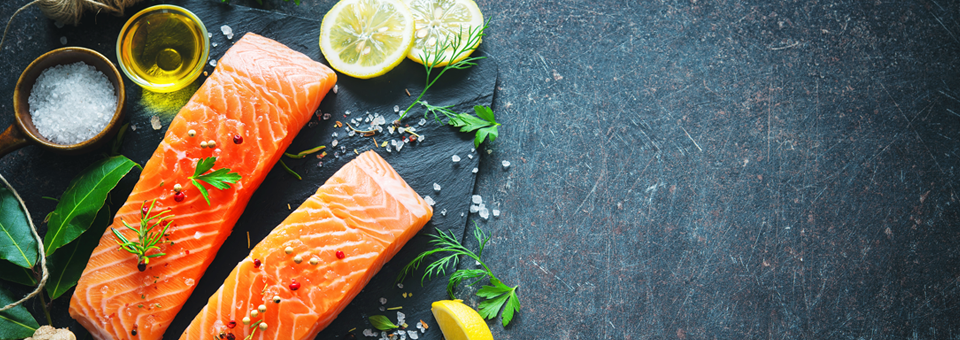I’ve been sounding the alarm about pesticides and toxins for decades. But the situation is becoming even more urgent.
In a moment, I’ll show you how to reduce your body’s toxic load and cut your risk of years of painful chronic disease, including Parkinson’s by up to 75%.1
But first, an extraordinary new study reveals just how terribly poisoned our farmlands are.
Unfortunately, the situation is even worse than I expected.
Farmlands Have 1,000x Acceptable Pesticides
In a remarkable new study, researchers at the University of Sidney studied 92 dangerous pesticides and herbicides routinely used in 168 countries.
Their startling conclusion: Almost two-thirds of all global farmland exhibits dangerous levels of one or more toxins.
And they reported nearly a third of all farmland, 31%, has pesticide levels more than 1,000 times above safe and acceptable levels.2
That’s a stunning indictment of global agriculture. And it’s going to get worse.
U.S. pesticide use has been rising by about 5% per year and now exceeds 1.1 billion pounds annually.3
Among them are carcinogen’s like carbaryl and glyphosate, fertility disrupting chemicals like atrazine,4 and maneb, a fungicide that’s been linked to a 75% greater risk of Parkinson’s Disease.5
So, anyone who tries to tell you that your safe from these toxins doesn’t know what they’re talking about. That’s why I’m telling my patients they must act now to protect themselves.
Even Organic Farms Are Contaminated
You’ve probably been told to buy organic, and it’s good guidance as far as it goes. I’ve written about it a lot.
But you can’t assume organic crops are toxin-free either. A recent study published in the Environmental Science & Technology journal detected pesticide toxins in all 40 of the organic fields they tested.6
The good news is toxins on organic farmlands were 2 to 9 times
lower than the contaminants in conventional farmlands.But, unless you’re living in a bubble, you can’t altogether escape pesticides and other toxins. So, the real question is: How do you reduce your toxic load?
Here are three ways to protect yourself:
- Ban pesticides in your home. If you’re using common pesticides in your house, yard, or vegetable garden, stop! Protecting your health is too important.
I remember when I was growing medicinal plants and herbs early in my practice. I refused to give in and resort to Big Agra’s pesticides, because I knew those pesticides would one day be exposed as a massive threat to human health.
I recommend natural alternatives … like oil from the fruit of the neem tree. Gardeners in Asia and India have used it for over 2,500 years … pests hate it.
You can drive away ants by sprinkling their trails with red chili pepper, paprika, or sodium borate (borax)… So, the natural solutions are out there, you just have to find them.
- Carefully prepare all your fruits and vegetables. There are plenty of commercial sprays to help you wash your produce … but I like to create my own.
Here’s how: Fill a spray bottle with 1-1/2 cups of water, a tablespoon of lemon juice, and slowly add in 2 tablespoons of baking soda (be ready for foam!).
Spray this blend on your produce, then rinse.
If the outside of a fruit is firm and sturdy – apples and grapefruit come to mind – you can sprinkle the surface with baking soda and use a scrub brush prior to rinsing.
But if the skin is soft – celery or lettuce for example – a washcloth is a better idea. Otherwise the bristles could push bacteria and toxins deeper inside.
After giving your fruits and veggies a good scrub, it’s always a good idea to soak them for 10-15 minutes in equal parts water and vinegar. Then thoroughly rinse.
Even then, some residue will likely remain … the chemical composition of pesticides makes them quite difficult to completely remove.
- Consider intravenous chelation. Given the omnipresent toxins, I recommend EDTA IV chelation therapy to almost every patient I treat at my clinic.
EDTA binds to heavy metals and other toxins. It’s the best way to eliminate heavy-metals and other toxins linked to neurodegenerative diseases like Alzheimer’s and Parkinson’s.
For more information on IV chelation therapy, please contact my staff the Sears Institute for Anti-Aging Medicine at 561-784-7852.
To Your Good Health,
![]()
Al Sears, MD, CNS
References:
1. Costello, S., et al. “Parkinson’s Disease and Residential Exposure to Maneb and Paraquat from Agricultural Applications in the Central Valley of California.” American Journal of Epidemiology, vol. 169, no. 8, 3 Mar. 2009, pp. 919–926, 10.1093/aje/kwp006. Accessed 24 Nov. 2019.
2.. Tang, Fiona H. M., et al. “Risk of Pesticide Pollution at the Global Scale.” Nature Geoscience, vol. 14, no. 4, 29 Mar. 2021, pp. 206–210.
3. Marquez, Emily. “In the U.S. And the World, Pesticide Use Is up | Pesticide Action Network.” Panna.org website, 2017.
4. Konkel, Lindsey. “Atrazine in Water Tied to Hormonal Irregularities.” Scientific American, 28 Nov. 2011, from the Scientific American website, accessed 30 June 2021.
5. Costello, S., et al. “Parkinson’s Disease and Residential Exposure to Maneb and Paraquat from Agricultural Applications in the Central Valley of California.” American Journal of Epidemiology, vol. 169, no. 8, 3 Mar. 2009, pp. 919–926, 10.1093/aje/kwp006. Accessed 24 Nov. 2019.
6. Riedo, Judith, et al. “Widespread Occurrence of Pesticides in Organically Managed Agricultural Soils—the Ghost of a Conventional Agricultural Past?” Environmental Science & Technology, vol. 55, no. 5, 3 Feb. 2021, pp. 2919–2928, 10.1021/acs.est.0c06405. Accessed 30 June 2021.

